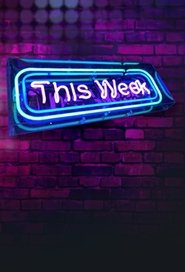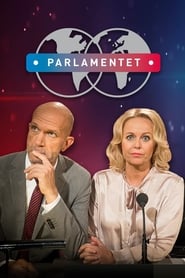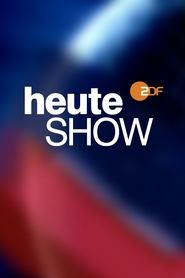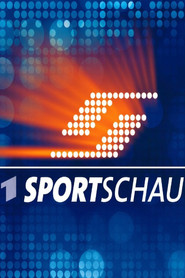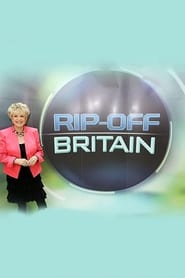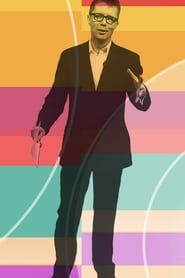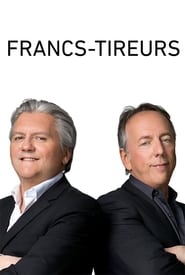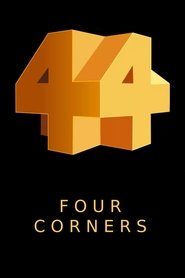News TV Series - Page 5
-
This Week
2003
-
Profissão Repórter
2008
Profissão Repórter
2008
star 7Caco Barcellos and a team of young journalists go to the streets, together, to present different angles of the same fact, from the same news. Each reporter always has a mission to fulfill, which involves tasks both in the performance of the live report and in its completion. -
Parlamentet
1999
Parlamentet
1999
star 5.3Parlamentet is a satirical panel gameshow on on TV4, which parodies Swedish political debate. It was first broadcast in 1999 and is currently in its 23rd series. The current presenter is Anders S. Nilsson, who has hosted the show since 2004. Current team members include Babben Larsson, Robin Paulsson, Johan Rheborg and Johan Glans. Kodjo Akolor has also been featured. The program is a Swedish version of the short-run British show If I Ruled the World, which itself was as spin-off from Have I Got News For You - both produced by Hat Trick Productions. The comedians are divided into two teams, red and blue, representing traditional political colours. At the end of the show, the audience vote for the winners based on which team was funniest. -
heute-show
2009
heute-show
2009
star 7.1Oliver Welke and his team report on political topics as well as international news giving them their own satirical, comedic twist. -
Sportschau
1961
-
PBS News Hour
1975
PBS News Hour
1975
star 5.6America's first and longest running hour-long nightly news broadcast known for its in-depth coverage of issues and current events. -
Infoman
2000
Infoman
2000
star 7.3Jean-René Dufort and sidekicks Chantal Lamarre and MC Gilles serve up delirious send-ups of the week's news events. -
South at Six
1961
South at Six
1961
star 10South Today is the BBC's regional television news programme for Hampshire, the Isle of Wight, West Sussex, eastern Dorset, southern and eastern Oxfordshire, western Berkshire and parts of Buckinghamshire, Surrey and Wiltshire. Since 2000, an opt-out of the main programme has also covered most of Oxfordshire, eastern Gloucestershire, western Buckinghamshire and northern parts of Berkshire and Wiltshire. -
Zum blauen Bock
1957
-
Rip Off Britain
2009
Rip Off Britain
2009
star 3Rip Off Britain is a BBC One series which exposes Britain's rip-offs and helps consumers. It began on 30 November 2009, presented by former news journalists Angela Rippon, Gloria Hunniford and Jennie Bond. Newsreader Julia Somerville replaced Bond from series three. From the second series onwards, the show was remade into cut-down editions of 30 minutes which air in a prime time slot on Friday evenings. -
The Big Questions
2007
The Big Questions
2007
star 6.7Nicky Campbell hosts a series of moral, ethical and religious debates. -
TheWeekend
2024
TheWeekend
2024
star 10Jonathan Capehart, Eugene Daniels, and Jackie Alemany team up to bring their wide range of political expertise every Saturday and Sunday morning. Fresh analysis of the week's biggest events and a rotating crew of major newsmakers. -
Access Hollywood
1996
Access Hollywood
1996
star 5.1Access Hollywood is a weekday television entertainment news program covering events and celebrities in the entertainment industry. It was created by former Entertainment Tonight executive producer Jim Van Messel, and is currently directed by Robert Silverstein. In previous years, Doug Dougherty and later Christopher A. Berry directed the program. Access Hollywood primarily focuses on news in the music, television, and film industries. The United States version began broadcasting on September 9, 1996, and is nationally syndicated in the United States. In 2003, a British version of the show began production and in an Irish version began in 2006 airing on the now defunct Channel 6, now known as 3e. In Canada, CTV Two has aired the program since September 5, 2011. -
Real Sports with Bryant Gumbel
1995
star 7.3A monthly sports newsmagazine which was "spawned by the fact that sports have changed dramatically, that it's no longer just fun and games, and that what happens off the field, beyond the scores, is worthy of some serious reporting," according to Bryant Gumbel, the host. -
On Air with Ryan Seacrest
2004
star 9.5On Air with Ryan Seacrest is an American syndicated television talk show, which ran from January 12, 2004 through September 17, 2004. It was distributed in the United States and Canada by Twentieth Television. -
OK! TV
2011
OK! TV
2011
star 4OK! TV is an early evening magazine programme, broadcast on Channel 5 as a brand extension of celebrity title OK! Magazine. It replaced the former magazine and discussion show Live from Studio Five on 14 February 2011, and was presented by Kate Walsh and Matt Johnson, both of whom later left the programme. Jeff Brazier and Jenny Frost replaced Walsh and Johnson in August 2011 and presented the show until its cancellation. The show was made by the 5 News team and produced by Sky News for Channel 5. On 8 November 2011, it was announced that the show has been cancelled by Channel 5. The show aired its final edition on 16 December after ten months on air due to the contract for 5 News returning to ITN. -
Les francs-tireurs
1998
Les francs-tireurs
1998
-
Four Corners
1961
Four Corners
1961
star 6.9Four Corners is Australia's longest-running investigative journalism/current affairs television program. Broadcast on ABC1 in Australia, it premiered on 19 August 1961 and celebrated its 60th anniversary in 2021. Founding producer Robert Raymond and his successor Allan Ashbolt did much to set the ongoing tone of the program. Based on the Panorama concept, the program addresses a single issue in depth each week, showing either a locally produced program or a relevant documentary from overseas. The program has won many awards for investigative journalism, and broken many high-profile stories. A notable early example of this was the show's epoch-making 1962 exposé on the appalling living conditions endured by many Aboriginal Australians living in rural New South Wales. -
Contigo en la mañana
2019
